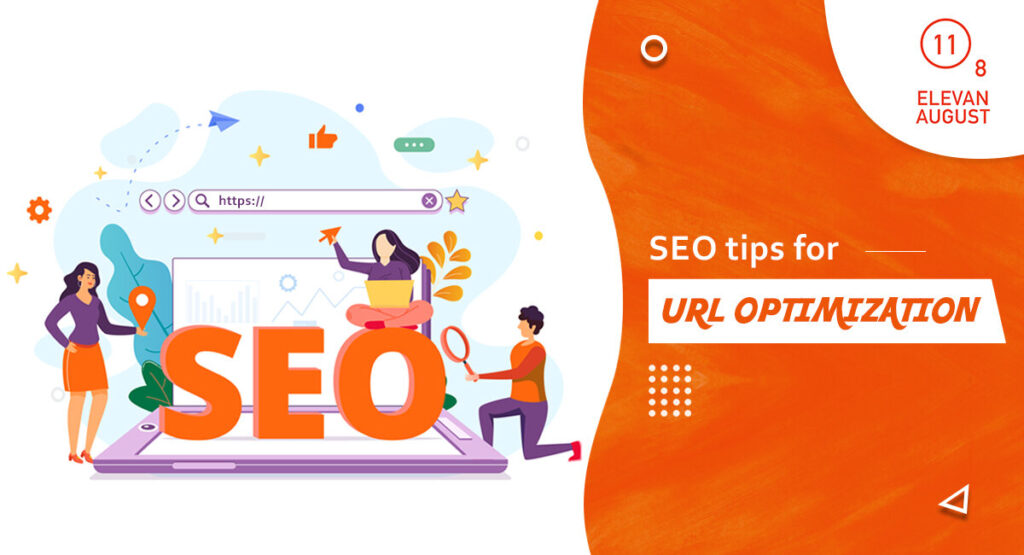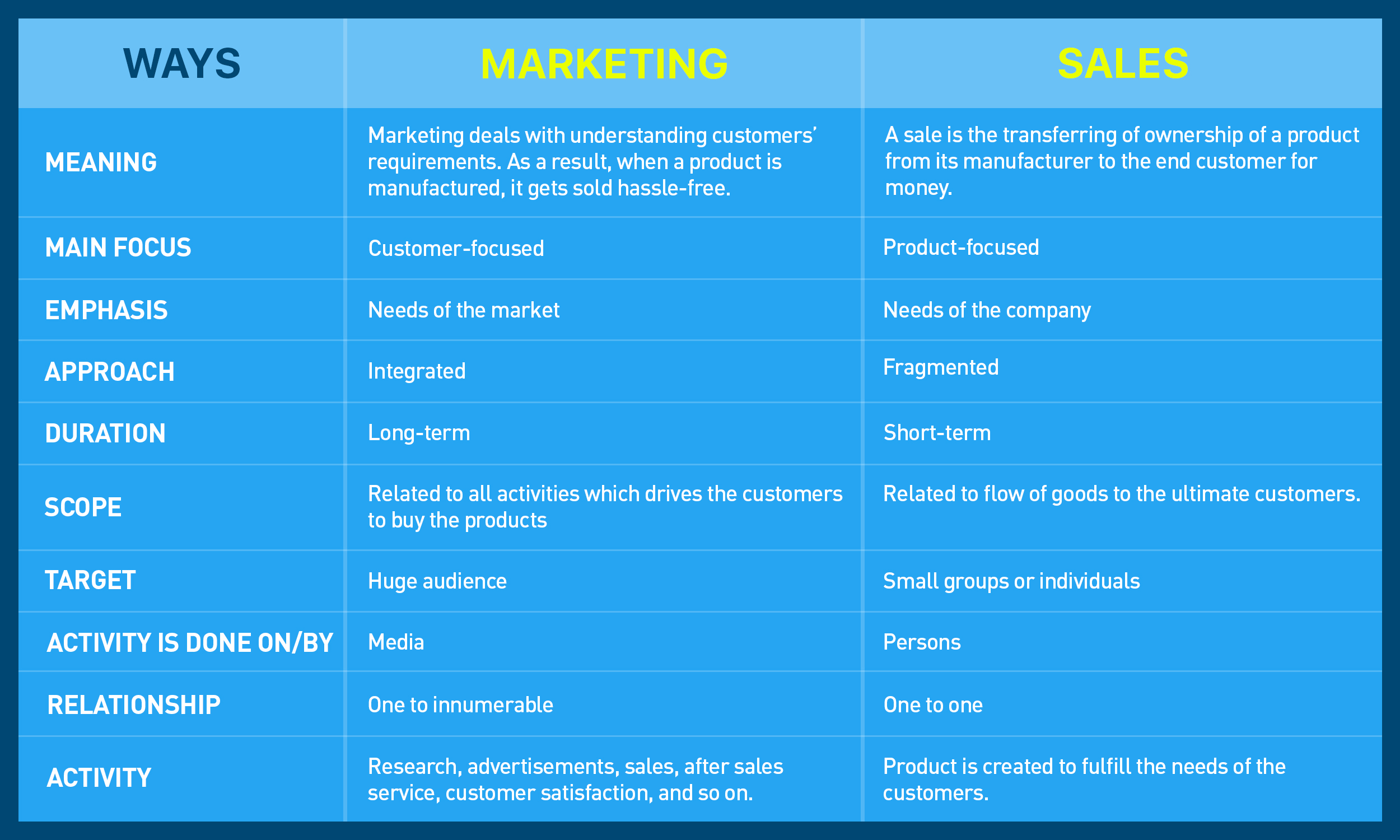A brand or an audience might perceive URLs as the unique location of a website page on the internet. However, the search engines perceive them as quite different. For search engines, an URL holds crucial information such as the content of the page, its purpose, and also the target market. A well-optimized URL is vital not only for search engine optimization but also for providing great user experience. URLs, similar to page titles describe the topic or content of the web page to both search engines and potential customers. Hence, when audiences search topics similar to your page content, having an optimized URL will help them to rank high on search engines. You can consult an SEO expert Singapore to help in optimizing your website URLs. The following are the tips that one must follow to optimize their URLs.
Readable URLs
Your website URL should be completely readable. Search engines understand that your audience would read an URL before clicking on them. It should contain an accurate phrase or term that clearly explains what the content is about instead of dynamically generated URLs. Search engines read the words in the URL similar to the content of your page. It helps them to understand your content better and rank them accordingly.
Include keywords in URL
Experts advised that every web page should be optimized around one keyword and the same should be included in the URL. Additionally, they also advise placing the vital keywords at the beginning of the URL as search engine spiders don’t place much significance on the words placed at the end of the URL. However, refrain from overusing keywords as search engine recognizes them. As a result, they can penalize your website for keyword stuffing. An SEO digital marketing agency Singapore can help you to include relevant keywords in the website.
Use hyphens to separate words
Using hyphens to separate words in the URL is significant both in terms of search engine optimization & user readability. Google also recommends using hyphens (-) instead of underscores (_) in the URLs. Hyphens imply spaces between words whereas underscore between two words is treated as a single word.
Use lowercase letters in URLs
Avoid using capital letters in URL. Search engines can decode from uppercase and lowercase letters in URLs that can cause duplicate URLs resulting in losing your page’s rank.
Keep your URLs short
While it is essential to keep your website URL descriptive, it is equally significant to keep them as brief as possible. The reason is shorter URLs are easy to type and read. Additionally, using fewer words help in receiving more significance from search engine spiders. However, similar words in URL might be perceived as keyword stuffing that further can result in dropping in search rankings. So you need to be mindful of the same. Consult digital marketing agencies that offer SEO services Singapore to create the right type of URLs for your website.
Be careful with sub domains
When it comes to URL, you should note that search engines may treat a subdomain as a separate entity from the primary domain. It can affect different SEO aspects such as link building, trust value, etc. Hence experts recommend that until and unless you have a specific reason for using a subdomain, you should rather choose to use subfolders.
Limit folders in the URL structure
An URL should not contain any unnecessary folders. Instead, limit the use of folders and characters to the number required for your URL structure. The flatter your website’s URL structure is, the better.
Top content in top folders
Search engines usually consider the web pages in the root folder as the top-level content. Therefore, be mindful of the way you structure your website’s URL. The URL structure shows the importance of a web page on your site. You can even consult SEO expert Singapore in this regard.
301 Redirect Broken URLs
If you need to change your website URL for any reason, note that you are removing a page that Google has already indexed and other sites might have linked to. You would certainly not want search engines to remove a high-ranking website from SERPs due to the reason that they couldn’t find your content in the old URL. In such cases, you need to notify search engines by adding a 301 redirect from your old URL to the new one.
Upload a favicon
The small icon next displayed in the address bar of a browser next to the website is a favicon. It is also known as a website icon or URL icon and help with brand recognition and trust.
All these steps would help in optimizing your URL for search engines and the audience. Elevan August Media is an SEO agency Singapore that offers various SEO services to their clients. They can also help in URL optimization to improve your site’s ranking on SERPs.






